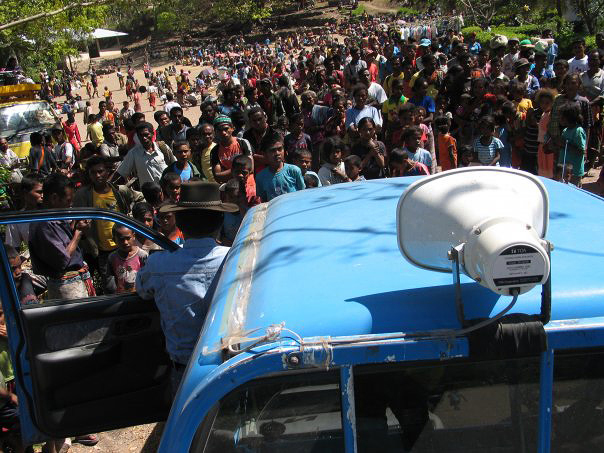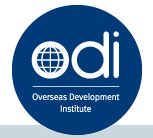
 Next Tuesday, October 25th, the Overseas Development Institute (ODI) is hosting a free evening event examining the interplay of politics and development aid from a political economy perspective. Called “Putting Politics into Practice? Political Economy Analysis and the Practice of Development”, the event is being held at ODI’s London headquarters. Members of the public are welcome to attend.
Next Tuesday, October 25th, the Overseas Development Institute (ODI) is hosting a free evening event examining the interplay of politics and development aid from a political economy perspective. Called “Putting Politics into Practice? Political Economy Analysis and the Practice of Development”, the event is being held at ODI’s London headquarters. Members of the public are welcome to attend.
What is political economy analysis? According to the DfID, it is the bridging of the traditional concerns of politics and economics, focusing “on how power and resources are distributed and contested in different contexts, and the implications for development outcomes. It gets beneath the formal structures to reveal the underlying interests, incentives and institutions that enable or frustrate change.”
“Putting Politics into Practice?” builds upon a previous dialogue convened by ODI in 2010 on how development actors might go about incorporating political insights into their work. While there has been growing recognition that aid effectiveness is intertwined with political context and culture, translating these insights into real changes in development practice has not been easy. This would mean, for example, that instead of working to rigid guidelines of ‘best practice’, development programs and projects should instead be based on models of ‘best fit’.

